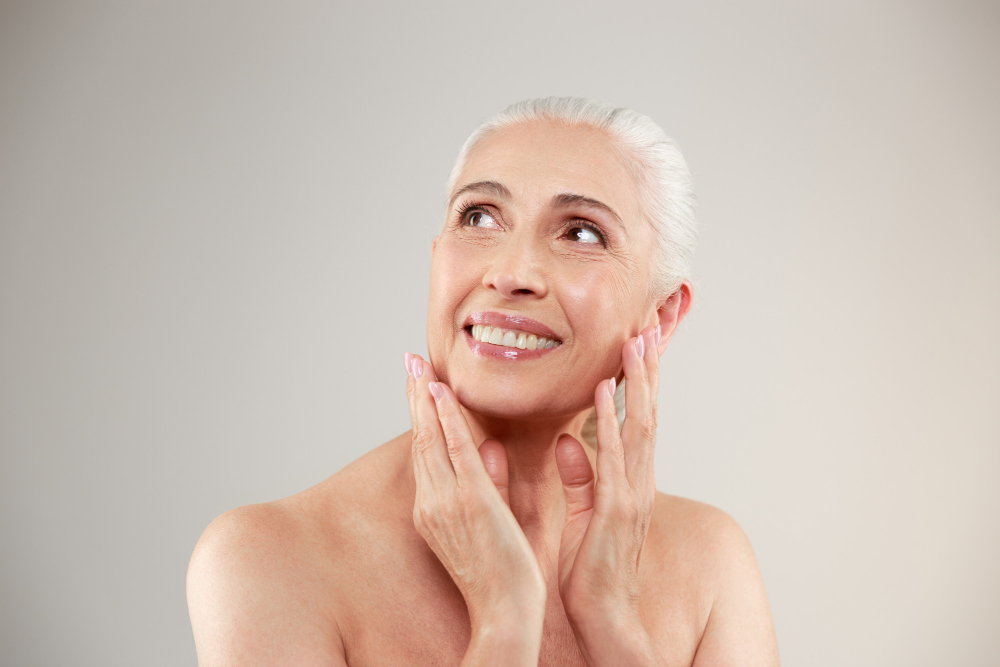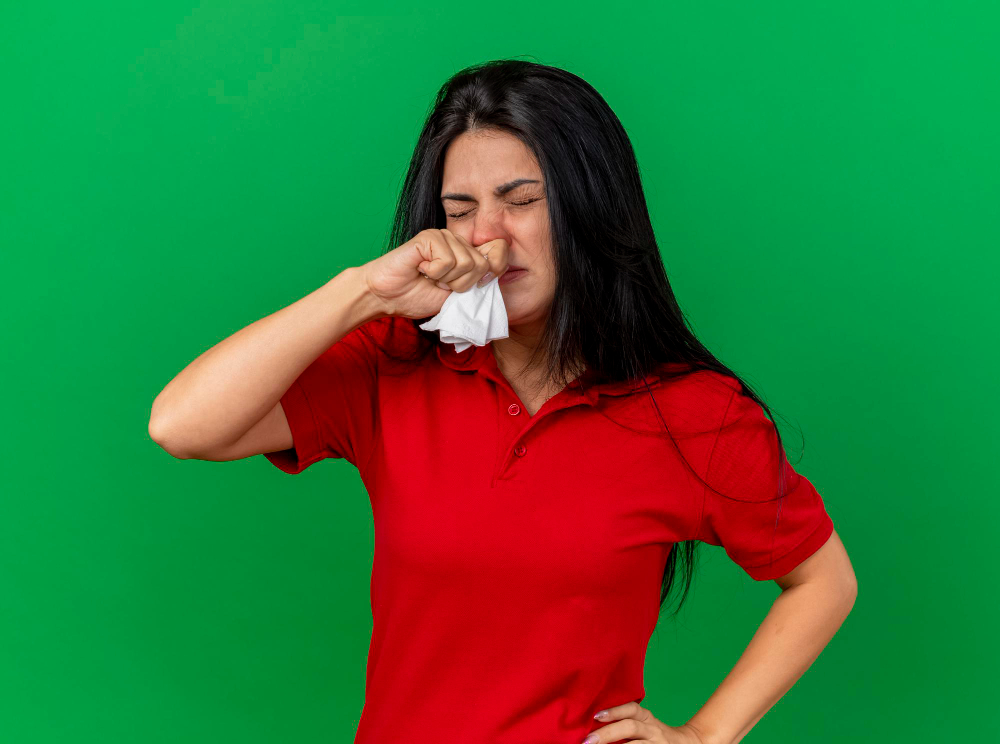
Menopause marks a significant milestone in a woman’s life — a natural transition signaling the end of reproductive years. While it’s a biological process, the hormonal changes that come with menopause can cause uncomfortable symptoms that affect daily life and emotional well-being. From hot flashes and sleep disturbances to mood swings and fatigue, menopause can be challenging to navigate. Fortunately, hormone menopause treatments offer effective relief and help women regain balance, vitality, and confidence.
This guide explores what menopause is, why hormonal changes occur, and the most effective treatment options available to manage symptoms and enhance quality of life.
Understanding Menopause and Hormonal Changes
Menopause typically occurs between the ages of 45 and 55, when the ovaries gradually stop producing estrogen and progesterone — the key hormones that regulate the menstrual cycle and support reproductive health.
This decline in hormones leads to several physiological and emotional changes. The transition phase leading up to menopause is called perimenopause, during which symptoms can begin years before periods stop completely.
Common Symptoms of Menopause Include:
- Hot flashes and night sweats
- Vaginal dryness and discomfort during intercourse
- Irregular or missed periods
- Weight gain, especially around the abdomen
- Mood swings and irritability
- Sleep disturbances or insomnia
- Decreased libido
- Memory issues or brain fog
These symptoms vary in intensity from woman to woman, but for many, they can significantly impact work performance, relationships, and overall wellness.
What Are Hormone Menopause Treatments?
Hormone menopause treatments focus on restoring hormonal balance to reduce or eliminate menopausal symptoms. The most well-known and widely used approach is Hormone Replacement Therapy (HRT).
HRT involves supplementing the body with estrogen, progesterone, or a combination of both, depending on individual needs. The goal is to replace the hormones the body no longer produces adequately, thereby easing symptoms and protecting long-term health.
Types of Hormone Menopause Treatments
1. Estrogen Therapy
Estrogen therapy is the most effective treatment for relieving hot flashes, vaginal dryness, and night sweats. It’s available in various forms, including:
- Pills or oral tablets
- Skin patches
- Topical creams or gels
- Vaginal rings, tablets, or inserts
Women who have undergone a hysterectomy can take estrogen alone, while those with an intact uterus typically require a combination of estrogen and progesterone.
2. Combination Hormone Therapy (Estrogen + Progesterone)
This form of HRT is prescribed to protect the uterus lining (endometrium) from estrogen’s potential side effects. Progesterone helps balance estrogen’s effect and lowers the risk of endometrial cancer.
3. Bioidentical Hormone Replacement Therapy (BHRT)
Bioidentical hormones are derived from plant sources and chemically identical to those the human body produces. BHRT can be tailored to each woman’s unique hormone profile, making it a personalized approach to menopause management.
These hormones are available in various forms — creams, gels, injections, or pellets — and are often used by women seeking a more natural treatment alternative.
Benefits of Hormone Menopause Treatments
- Relief from Hot Flashes and Night Sweats: Hormone therapy effectively reduces vasomotor symptoms that disrupt daily life and sleep.
- Improved Mood and Mental Clarity: Balanced hormones help stabilize mood swings, anxiety, and cognitive decline associated with menopause.
- Enhanced Sexual Health: Estrogen therapy can alleviate vaginal dryness, discomfort, and low libido.
- Better Bone Health: Estrogen plays a key role in bone density; HRT helps prevent osteoporosis and fractures.
- Improved Sleep Quality: Many women experience better sleep once hormone levels stabilize.
Risks and Considerations
While hormone therapy offers significant benefits, it’s not suitable for everyone. Studies have shown potential risks for some women, especially those with pre-existing medical conditions.
Potential Risks Include:
- Blood clots or stroke (particularly with oral estrogen)
- Increased risk of certain types of breast cancer (with long-term use of combined therapy)
- Gallbladder issues
- Weight gain or bloating in some cases
However, for most healthy women under 60 or within 10 years of menopause onset, the benefits of HRT outweigh the risks. It’s crucial to consult a qualified healthcare provider for a personalized treatment plan.
Non-Hormonal and Natural Alternatives
Some women prefer to manage menopause symptoms without hormone therapy. Fortunately, several non-hormonal treatments and natural remedies can provide relief.
1. Lifestyle Modifications
- Maintain a balanced diet rich in calcium, vitamin D, and plant-based proteins.
- Exercise regularly — strength training, yoga, and aerobic activities improve mood and bone health.
- Avoid triggers for hot flashes such as caffeine, alcohol, and spicy foods.
- Practice mindfulness, meditation, or deep breathing to reduce stress and anxiety.
2. Herbal Supplements
Some natural supplements, like black cohosh, red clover, and soy isoflavones, contain phytoestrogens — plant-based compounds that mimic estrogen’s effects. Always consult your doctor before taking supplements to ensure safety and proper dosage.
3. Prescription Non-Hormonal Medications
Certain antidepressants (SSRIs), anticonvulsants, or blood pressure medications can also help manage hot flashes and mood symptoms for women who can’t take hormones.
Personalized Treatment Is Key
Every woman’s menopause journey is different. The best treatment plan depends on factors like:
- Age and time since menopause onset
- Medical history (e.g., cardiovascular risk, breast cancer)
- Type and severity of symptoms
- Personal preferences regarding natural or medical approaches
A hormone specialist or gynecologist can conduct hormone level tests and customize a plan that fits your unique needs — whether it’s traditional HRT, bioidentical hormones, or a holistic combination.
Life After Menopause: Embrace the Change
Menopause is not the end of vitality — it’s a new phase that can be embraced with the right care and balance. By addressing hormonal imbalances through evidence-based treatments, women can restore their energy, emotional stability, and quality of life.
Hormone menopause treatments offer a path toward comfort, confidence, and renewed wellness. Whether through traditional hormone therapy or natural alternatives, modern medicine provides safe, effective ways to manage this transition and help women feel their best.
Menopause is a natural part of aging, but the discomfort it brings doesn’t have to be. With the right hormone therapy and lifestyle support, you can enjoy a smoother transition and maintain your physical and emotional well-being.
If you’re experiencing menopausal symptoms, consult a qualified healthcare professional to explore personalized hormone treatment options. Balance is within reach — and so is the vibrant, confident version of yourself.
1. What are hormone menopause treatments?
Hormone menopause treatments, also known as Hormone Replacement Therapy (HRT), involve supplementing the body with estrogen, progesterone, or both to relieve menopause symptoms such as hot flashes, night sweats, and mood changes.
2. When should I consider hormone therapy for menopause?
You should consider hormone therapy if menopause symptoms — like hot flashes, fatigue, or sleep problems — interfere with your quality of life. It’s best to start treatment within 10 years of your last period or before age 60, after consulting your doctor.
3. What are the benefits of hormone menopause treatments?
Hormone therapy can:
- Reduce hot flashes and night sweats
- Improve mood and mental clarity
- Relieve vaginal dryness
- Boost sleep quality
- Prevent bone loss and osteoporosis

4. Are hormone menopause treatments safe?
Yes, hormone therapy is safe for most healthy women, especially when prescribed and monitored by a qualified specialist. Your doctor will tailor the dose and treatment type to minimize risks and maximize benefits.
5. What are the risks of hormone therapy?
While generally safe, hormone therapy may carry small risks such as blood clots, breast tenderness, or fluid retention. The risk level depends on your health, age, and treatment duration. A professional consultation ensures it’s right for you.
6. What is the difference between HRT and bioidentical hormones?
Traditional HRT uses synthetic hormones, while bioidentical hormone replacement therapy (BHRT) uses plant-derived hormones identical in structure to those naturally produced by the body. BHRT offers a personalized, natural approach to hormone balance.
7. How long does it take for hormone therapy to work?
Most women notice improvement within a few weeks, with full benefits usually appearing after 2 to 3 months of consistent treatment. Regular follow-ups help monitor progress and adjust the dosage if needed.
8. Are there natural alternatives to hormone therapy?
Yes, options include dietary changes, herbal supplements (like black cohosh or soy isoflavones), exercise, and stress management. However, these may not work as effectively as HRT for severe symptoms. Always consult your doctor before trying natural remedies.
9. How long should I continue hormone menopause treatments?
The duration varies by individual needs. Many women take hormone therapy for 2 to 5 years, though some continue longer under medical supervision. Your specialist will recommend the best duration based on your health and symptoms.
0. Who should avoid hormone therapy?
Hormone therapy may not be suitable for women who have a history of breast cancer, blood clots, liver disease, or heart conditions. Always consult a hormone specialist or gynecologist before starting treatment to ensure safety.
![]()







